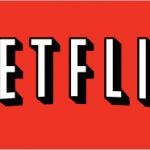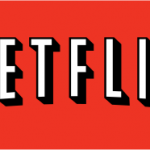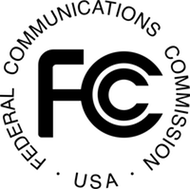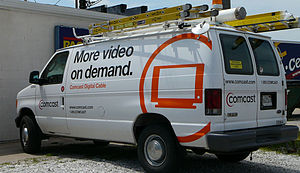 Yesterday, Netflix released bandwidth data measuring how well leading ISPs do at transmitting its HD videos to subscribers. All the usual suspects were listed, but it’s interesting, although not altogether surprising, that cable companies grabbed the top spots over the traditional carriers.
Yesterday, Netflix released bandwidth data measuring how well leading ISPs do at transmitting its HD videos to subscribers. All the usual suspects were listed, but it’s interesting, although not altogether surprising, that cable companies grabbed the top spots over the traditional carriers.
The number one slot is owned by Charter communications, the 4th largerst cable operator in the US, which has achieved download speeds of over 262.6 Mbps. Comcast, Cox, and Time Warner can be found battling it out for the next three positions —though Comcast has an edge.
I can’t be much more accurate in my ratings since Netflix has presented the data as a timeline graph using jarringly psychedelic colors that are giving me a migraine.
What makes this data a pretty good test of an ISP’s network is that Netflix has positioned its video content within special content distribution networks or CDNs, which are essentially video caches that resides closer, network-wise, to the actual video subscribers.
So the collected data points factor out the backbone traversals that are normally made by vanilla bit traffic. Continue reading



 Yesterday, Netflix released bandwidth data measuring how well leading ISPs do at transmitting its HD videos to subscribers. All the usual suspects were listed, but it’s interesting, although not altogether surprising, that cable companies grabbed the top spots over the traditional carriers.
Yesterday, Netflix released bandwidth data measuring how well leading ISPs do at transmitting its HD videos to subscribers. All the usual suspects were listed, but it’s interesting, although not altogether surprising, that cable companies grabbed the top spots over the traditional carriers. After burning off my holiday calories shoveling out of Snowmageddon 2010, I was ready to settle down with a good book and a flagon of mulled cider. Perhaps I was still looking for more Sisyphean exercises, so instead of Harry Potter, I reached for my MacBook and downloaded the FCC’s complete Report and Order in the Matter of Preserving the Open Internet, otherwise known as the Net Neutrality rules.
After burning off my holiday calories shoveling out of Snowmageddon 2010, I was ready to settle down with a good book and a flagon of mulled cider. Perhaps I was still looking for more Sisyphean exercises, so instead of Harry Potter, I reached for my MacBook and downloaded the FCC’s complete Report and Order in the Matter of Preserving the Open Internet, otherwise known as the Net Neutrality rules. In case you weren’t at the Web 2.0 Summit earlier this month to hear FCC Chairman Genachowski, O’Reilly has published the interview on YouTube. My Google Reader had already bombarded me with excerpts of Genachowski’s remarks (“net neutrality will happen”) and his unhappiness with the Google-Verizon proposal.
In case you weren’t at the Web 2.0 Summit earlier this month to hear FCC Chairman Genachowski, O’Reilly has published the interview on YouTube. My Google Reader had already bombarded me with excerpts of Genachowski’s remarks (“net neutrality will happen”) and his unhappiness with the Google-Verizon proposal. I practically did a spit take while drinking my coffee this morning and reading The New York Times story about a municipal broadband project in Tennessee. I learned that Chattanooga’s community owned power provider, EPB, has plans to offer up to 1 Gigabit per second to its fiber-to-the-home subscribers by the end of the year. True, that can cost you almost $350 per year (lower if you bundle in voice and video).
I practically did a spit take while drinking my coffee this morning and reading The New York Times story about a municipal broadband project in Tennessee. I learned that Chattanooga’s community owned power provider, EPB, has plans to offer up to 1 Gigabit per second to its fiber-to-the-home subscribers by the end of the year. True, that can cost you almost $350 per year (lower if you bundle in voice and video).